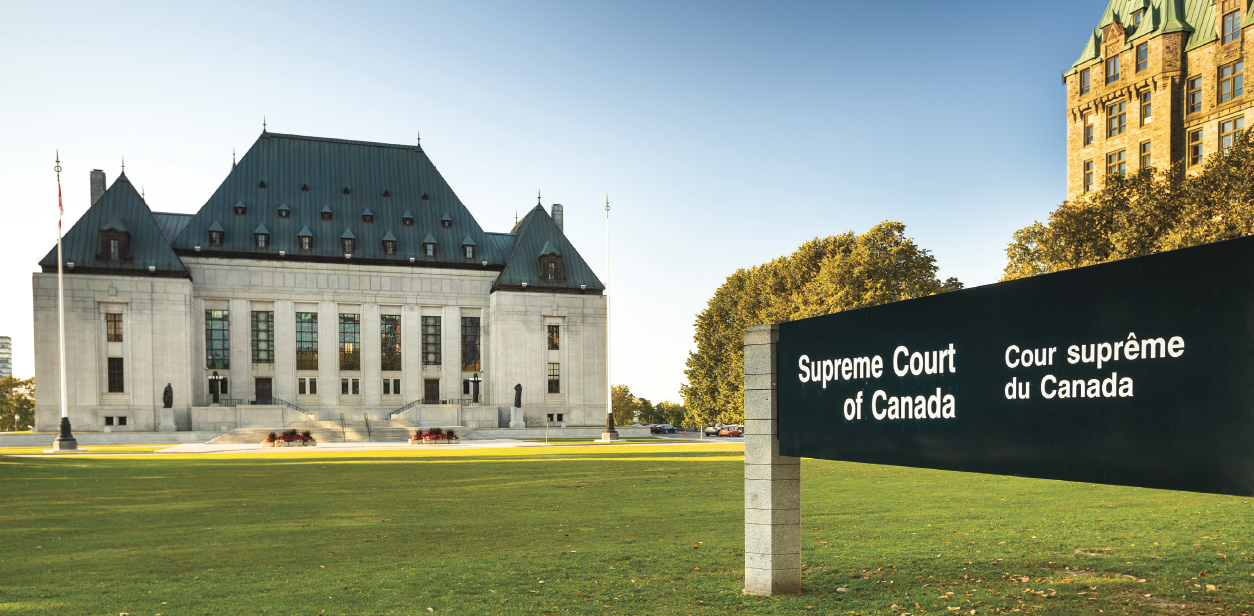
Features
Interviewing & Investigations
Tainted statements and the “Wittwer warning”
April 6, 2020 By Kerry Watkins

The concern in R. v. Wittwer (2008) was the conditions in which an earlier inadmissible statement would taint a subsequent statement making it also inadmissible (R. v. Tang, 2015). The case gave rise to the so-called “Wittwer warning,” a protocol intended to isolate a subsequent statement from an earlier inadmissible statement, in order to preserve the admissibility of the subsequent statement.
Wittwer has been the law in Canada for more than a decade, yet problems persist in its application by investigators when questioning suspects in criminal investigations (e.g., R. v. NJ, 2019; Mom c. R., 2018; R. v. Worrie, 2018).
In a recent child pornography case (McSweeney, 2020), a police officer questioned a detainee without first informing him of his s. 10(b) right to counsel. This first interview during which the suspect made a confession, was clearly Charter non-compliant and would, therefore, likely have been inadmissible. The suspect was subsequently arrested, cautioned, advised of his right to counsel, and transported to the police station. Four hours later, after allowing the suspect to speak to legal counsel, the same police officer interviewed the suspect a second time and the suspect made an inculpatory statement. The court found that the second interview was effectively part of the “same interrogation process” as the first, Charter non-compliant interview and, as a result, excluded both statements from evidence.
In considering whether a subsequent statement is tainted by an earlier Charter breach, the Supreme Court held in Wittwer that “the statement will be tainted if the breach and the impugned statement can be said to be part of the same transaction or course of conduct.”
In McSweeney, the Ontario Court of Appeal held that the two statements were connected in three significant ways: temporally (they were taken only four hours apart); contextually (at the end of the first interview the officer told the suspect that questioning would continue at the station, and the same officer conducted both interviews); and, causally (after obtaining a confession during the first interview, the officer used the suspect’s desire to shield his children from the details of the offence to elicit inculpatory information from him during the second interview).
A “Wittwer warning” can help an investigator “sever” the connection between a subsequent statement and an earlier Charter breach by demonstrating to the suspect that the investigator is making a “fresh start,” thereby minimizing the impact of the earlier Charter breach on the suspect’s decision to make a subsequent statement. The issue is whether the tainting features of the earlier statement are a significant factor in the suspect’s decision to provide a subsequent statement. This is part of what is known as the “derived confessions rule,” which functions to exclude statements that may appear admissible when viewed in isolation, but which are actually inadmissible because of their connection to an earlier inadmissible statement (R. v. S.G.T., 2010).
While the Supreme Court did not prescribe the specific wording of a “Wittwer warning,” in circumstances where such a warning is required investigators should, at a minimum, communicate the following elements to the detainee:
- You have made a previous statement to police about the matter being investigated
- The earlier statement you gave to police may not be admissible as evidence in court because (insert reason)
- You are not obligated to make a subsequent statement because you made an earlier statement
- You should consider this request to give a subsequent statement as a fresh start and as a new investigative process
- You may contact a lawyer and advise them that the earlier statement you gave to police may be inadmissible, and to receive legal advice about whether to provide a subsequent statement
In addition to giving a detainee a Wittwer warning, it would also be prudent of investigators to: allow a period of time to elapse between the earlier statement and the taking of a subsequent statement (the more time the better); ensure that a different officer is involved in the taking of any subsequent statement; and, ensure that the officer taking the subsequent statement does not make explicit reference to what was discussed in the earlier statement.
Knowledge of statement law — including specialized legal protocols such as the Wittwer warning — is essential in equipping investigators to gather admissible statement evidence.
References
- R. v. McSweeney, 2020 ONCA 2 (CanLII)
- Mom c. R., 2018 QCCA 1381 (CanLII)
- R. v. NJ, 2019 ABPC 315 (CanLII)
- R. v. S.G.T., 2010 SCC 20 (CanLII)
- R. v. Tang, 2015 BCSC 1643 (CanLII)
- R. v Wittwer, 2008 SCC 33 (CanLII)
- R. v. Worrie, 2018 ONSC 1745 (CanLII)
Kerry Watkins conducted more than 2,000 interviews during his 30-year career, the majority of which was spent as a criminal investigator in specialized units investigating a wide range of matters, including police corruption, corporate fraud and homicide. He is currently director of The Interview Group, a professor at Humber College and an adjunct faculty member in the Ongoing Professional Development Program at Osgoode Hall in Toronto.
Print this page